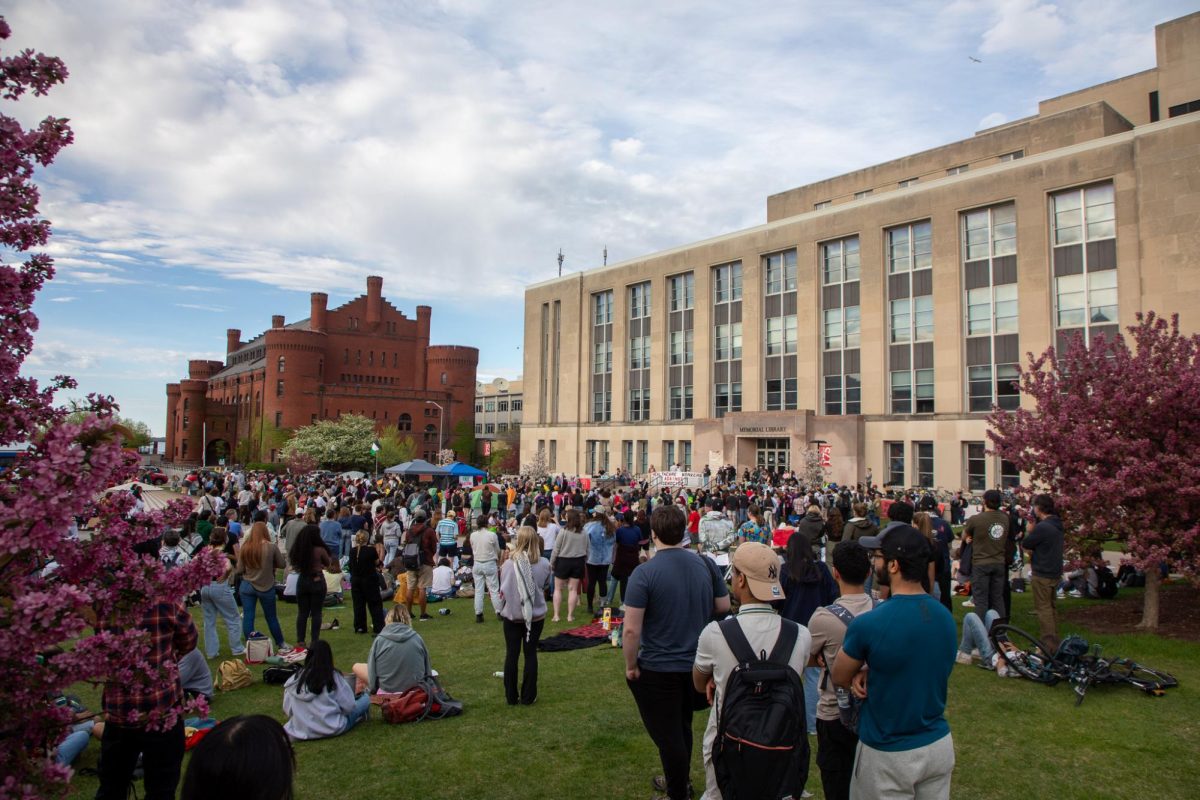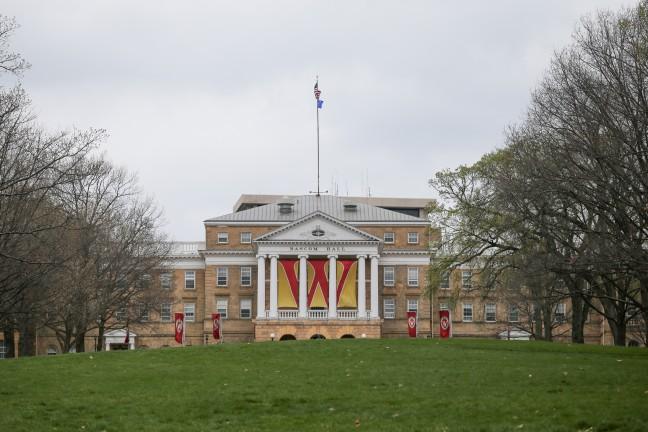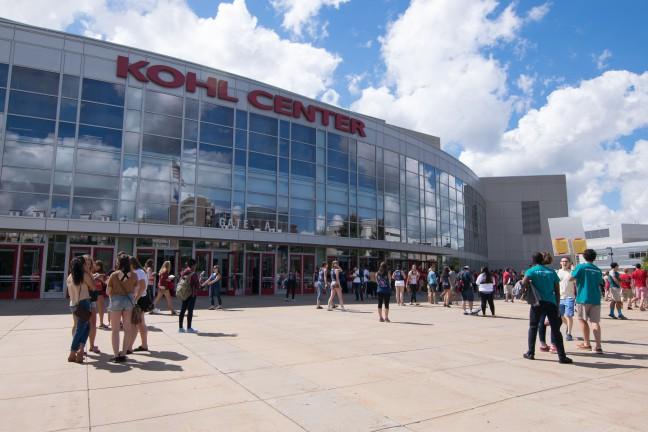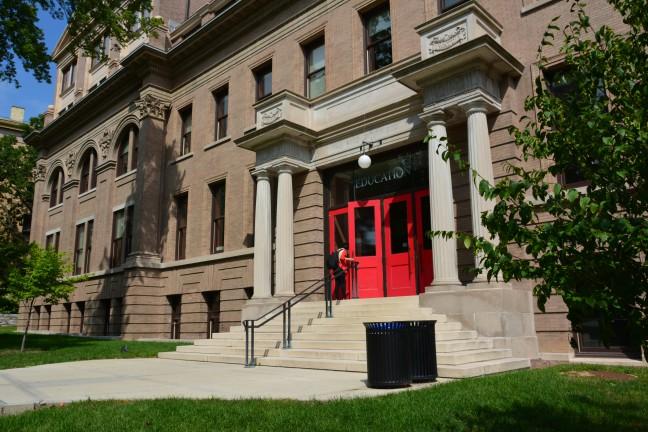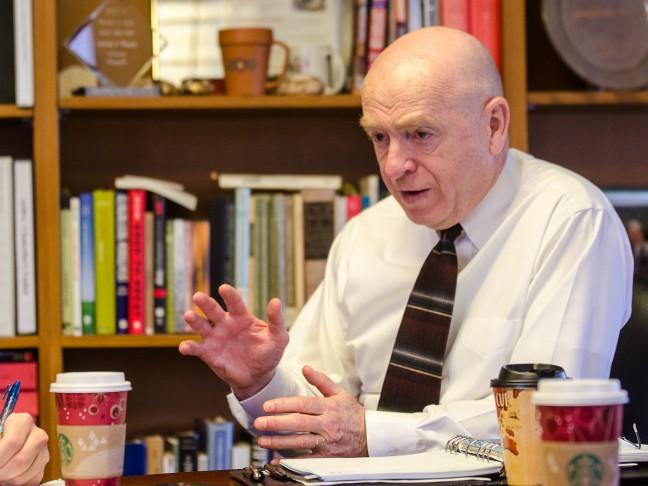
NatUP 2010 Committee and the No New Seg Fees group argued the sides for and against the upcoming referendum in a Thursday night debate sponsored by Associated Students of Madison Shared Governance Committee.
The debate came down to whether current students should fund a building for future students or if funding should be found somewhere else.
Ben Beduhn, former member of ASM Student Judiciary, moderated the debate with straightforward, pre-determined questions for each side to answer in a three-minute time slot.
NatUP 2010’s Head Mike Bernatz said a new Natatorium would ideally be completed by 2014, using an approximate $54 student segregated fee increase. He also said NatUP 2010 provided a fair, well-informed vote for the student body.
A member of the NatUP 2010 Committee said the campaign had balanced information for the referendum on the NatUP 2010 website, a comment the audience met with scorn.
“The students have asked for a new workout facility because what we have now provides inaccurate space,” Bernatz said. “UW has fallen behind in the Big 10 in recreational facility use.”
Peter Rickman of the No New Seg Fees group said the group was not against building a new Natatorium, but against the segregated fee increase that would be used to fund the project.
He said students were not well enough informed on the issue they would be voting on, and a rise in segregated fees would be unwise in a time of economic crisis.
“We want to protect education and prioritize where our budget goes at this time,” Rickman said. “A new Nat will be built regardless, we just want to avoid using student tuition increase.”
The NatUP 2010 group argued for a higher quality of student life and a “slight” increase in tuition would allow for advancement. The segregated fees collected, they said, would be put to responsible use for the Natatorium project.
The groups debated whether it was relevant to bring up aspects of academic life, such as teacher salaries and class size, in a topic that revolved around student life.
NatUP 2010 Committee said academic topics should not be discussed; however, Rickman said a tuition increase affects all on campus, regardless of what it is spent on.
“It is up to student life to be responsible and decide if they want to increase their fees a fraction of a percentage in order to build a better facility,” Bernatz said. “It is also important to distinguish academic projects from student life projects, as the fees would be put to different use.”
Rickman said it was important for the student body to be responsible as well, defining “responsibility” as remaining frugal in a time of rising tuition costs.
“With rising, competitive tuition costs, just a few extra fees may discourage prospective students from attending UW,” Rickman said.
Melissa Hanley, Chair of Shared Governance — the group that sponsored the debate — said the turnout of approximately 50 attendees was expected.
Students can vote for the referendum in the Associated Students of Madison elections April 12-14.








